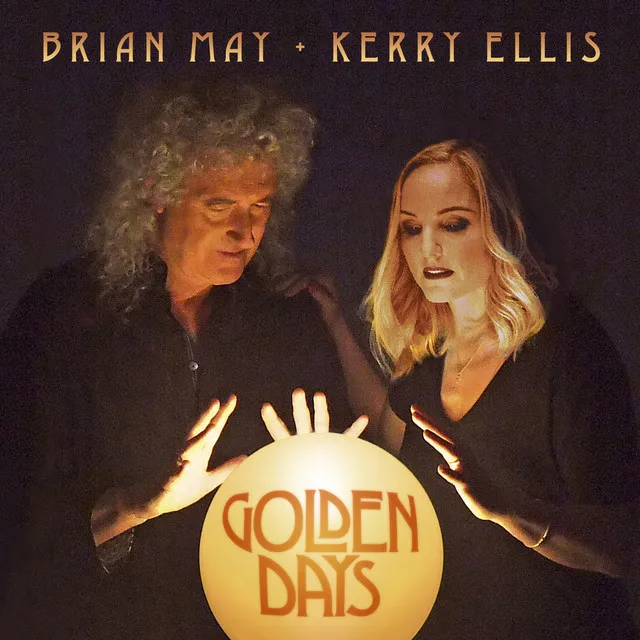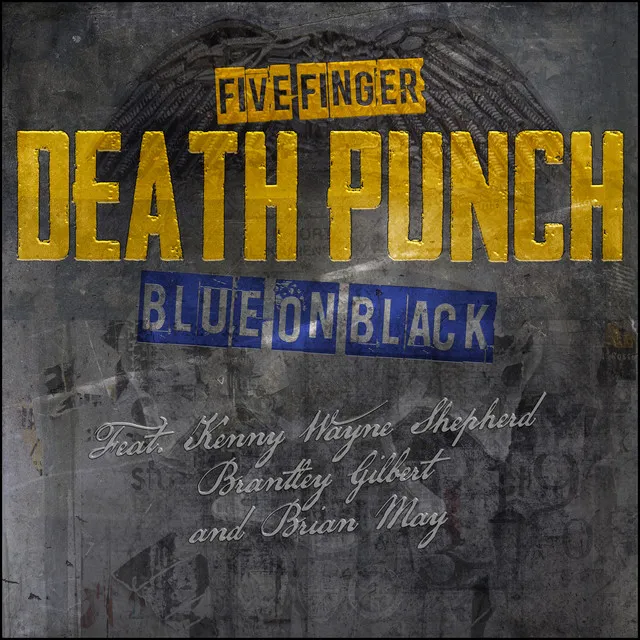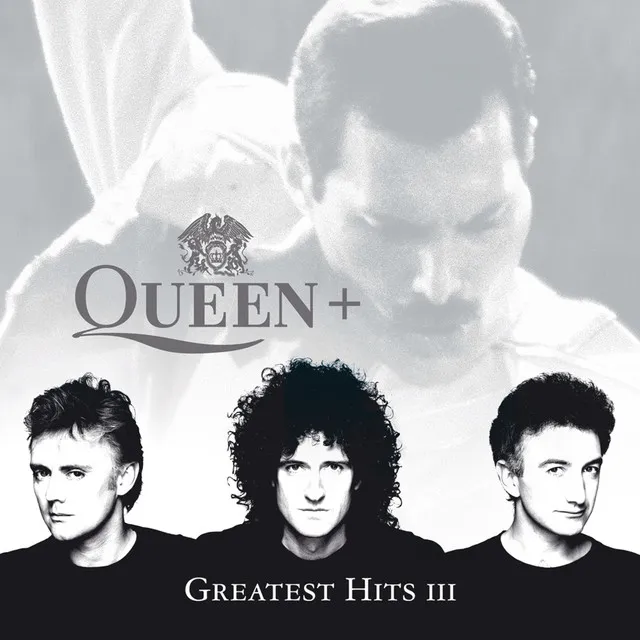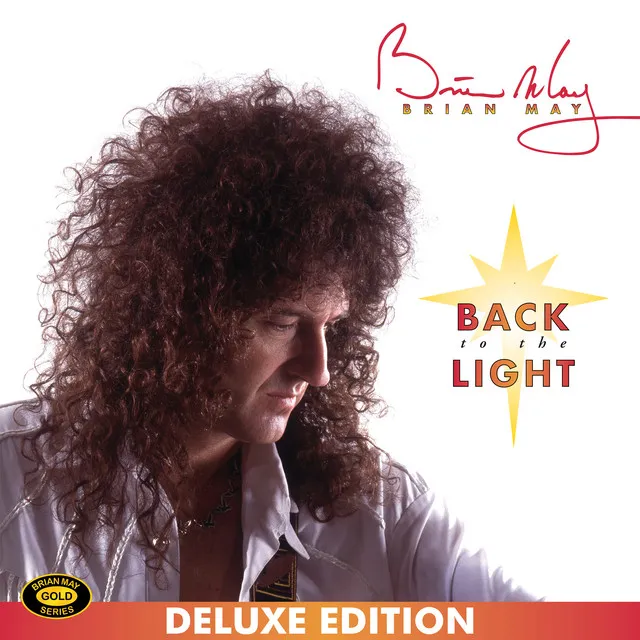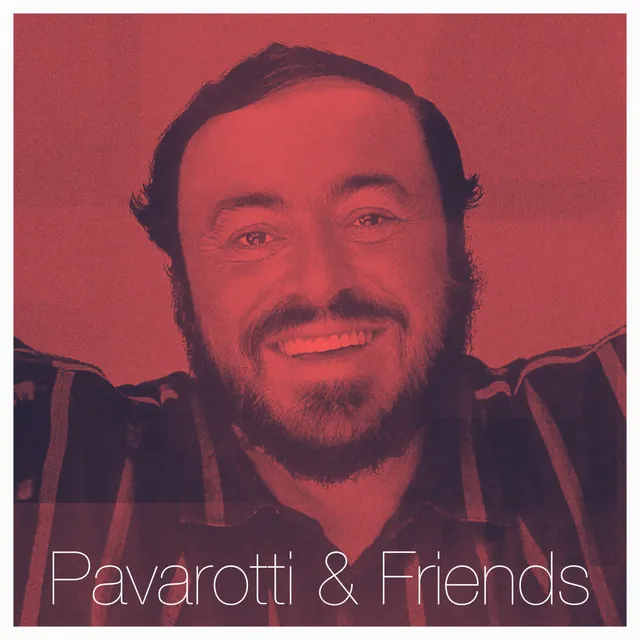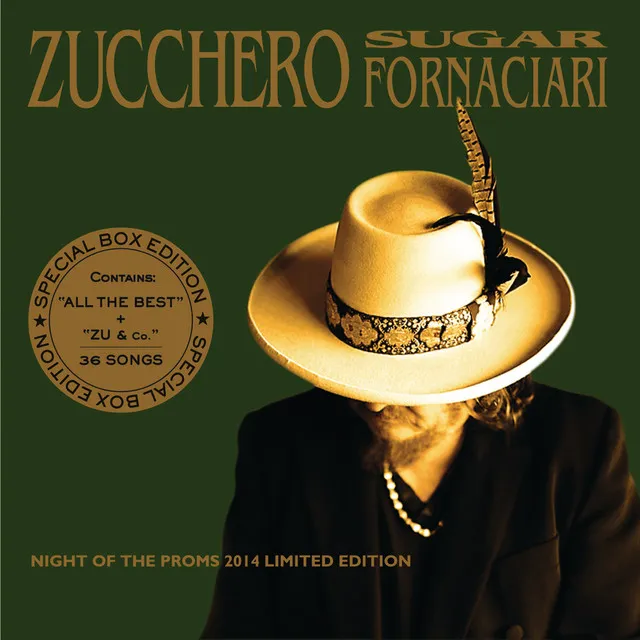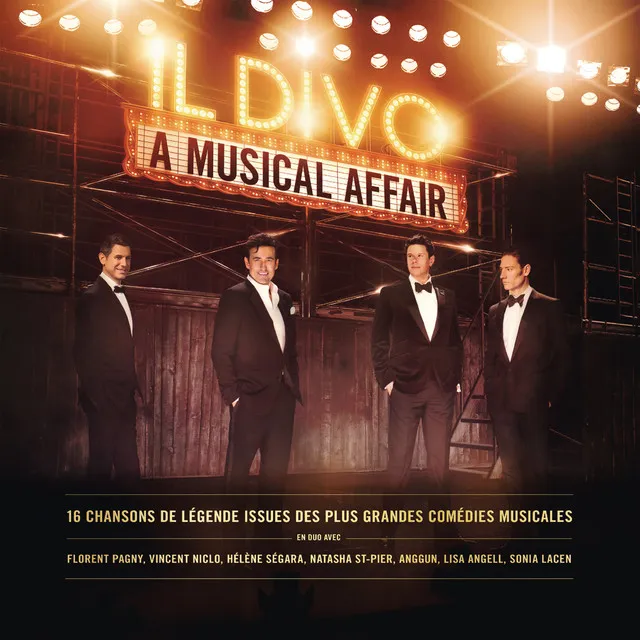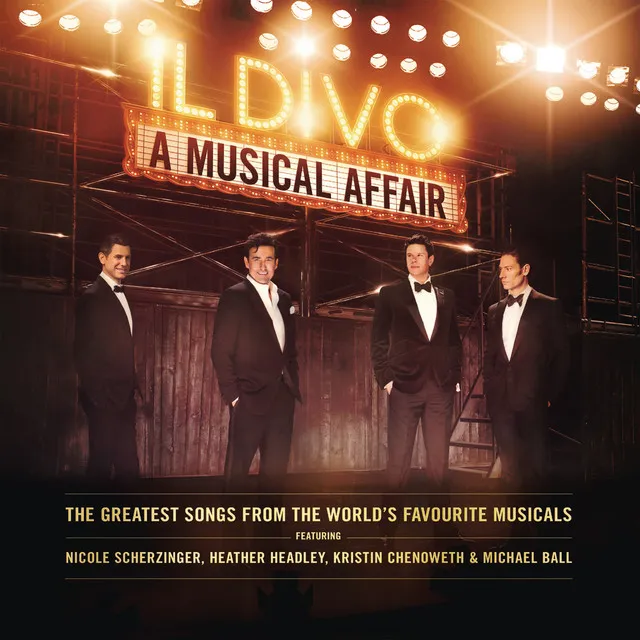With his sparkling melodic leads and knack for overdubbing layers of multi-tracked riffs, Queen's Brian May is one of most celebrated and immediately recognizable guitarists of his generation. Playing his iconic homemade Red Special guitar, May's work with Queen brought together the electric crunch of heavy metal with the driving pomp of prog rock, all wrapped in a glitter-age theatricality. Over the course of the group's 15 era defining albums, from 1973's Queen to 1995's Made in Heaven, May made vital contributions to the group's classic hits like "Bohemian Rhapsody," "Somebody to Love," and "Another One Bites the Dust," as well as penning many of fan favorites, including "We Will Rock You," "I Want It All," "Fat Bottomed Girls," "Flash," "Hammer to Fall," "Save Me," "Who Wants to Live Forever," and "The Show Must Go On." May has sung with the band since its inception, his sweet-toned vocals working as a nice contrast to lead singer Freddie Mercury's dynamic style. Following the death of Mercury, Queen went dormant before May brought the group back to the stage; they have toured with American Idol alum Adam Lambert since 2014. Away from the band, he released several of his own albums, including the 1983 Star Fleet Project EP, 1992's Back to the Light, 1998's Another World, and 2000's soundtrack album Furia. He has also collaborated on several well-received albums with actress and singer Kerry Ellis. In 2001, May was inducted into the Rock & Roll of Fame along with his Queen bandmates. He also helped produce the band's Oscar-winning 2018 biopic Bohemian Rhapsody. Along with music, May holds a PhD in astrophysics and is active in the sciences, having held the position of Chancellor of Liverpool John Moores University and co-founded Asteroid Day. He has also campaigned against fox hunting and the culling of badgers in the U.K., charity work that, along with his musical legacy, earned him a knighthood in 2023.
Born in Hampton, Middlesex, in July 1947, May showed an interest in music at a very early age -- learning to play the ukulele and piano before receiving his first guitar as a present on his seventh birthday. Shortly thereafter, May and his father began to build a custom guitar from scratch. Completed two years later, the one-of-a-kind instrument would become known as the Red Special, a guitar that would later become May's sonic and visual trademark throughout his career. It wasn't long until May began to pick up a thing or two from such popular rock guitarists as the Shadows' Hank Marvin, Elvis Presley's sideman Scotty Moore, and Buddy Holly. As a student at secondary school, May formed his first group, the instrumental band 1984, playing around London and even opening a 1967 show at the Olympia Theatre for such soon-to-be big names as Jimi Hendrix, Traffic, Pink Floyd, and Tyrannosaurus Rex (later T. Rex). After beginning studies at Imperial College (in the physics/infrared astronomy field) and growing weary of the band's musical direction, May left 1984 in the spring of 1968.
During his college career, May hooked up with drummer Roger Taylor (after seeing an ad placed on a college noteboard) and a fellow ex-1984 member, bassist/vocalist Tim Staffell, forming the rock trio Smile. Shortly after graduating from college with an honors degree in physics and math, May focused full-time on music when Smile signed to Mercury Records. Despite great promise, Smile only managed to issue one single ("Earth") and a few unreleased tracks before Staffell left the group. But it was a friend of Staffell's who would offer his services as the group's singer: Freddie Mercury.
With the lineup change came a new name, Queen, and a new musical direction -- heavy rock mixed with grand ballads and a flamboyantly glam look. After going through numerous bassists, Queen found a permanent member in John Deacon -- resulting in a recording contract with EMI/Elektra and a self-titled debut in 1973. With each successive release (1974's Queen II and Sheer Heart Attack), Queen's musical direction and stage show grew stronger and more popular, and they became one of the world's biggest acts in the mid- to late '70s due to such mega-hit albums as Night at the Opera, A Day at the Races, News of the World, and Jazz. Unlike other groups where a single member supplied all the songwriting, each of Queen's members had their own songwriting credits, with May writing some of the group's most identifiable hits -- "We Will Rock You," "Fat Bottomed Girls," "Now I'm Here," and "Tie Your Mother Down," among others.
During a short break in 1983, May issued his first solo release, the four-track EP Star Fleet Project. The album found him reworking the theme song to the Japanese children's puppet sci-fi action show X Bomber aka Star Fleet, of which he and his young son at the time were huge fans. Joining May on the album was an all-star cast of collaborators, including Eddie Van Halen, REO Speedwagon drummer Alan Gratzer, and session bassist Phil Chen.
During this period, he co-produced the debut recording from the obscure heavy metal outfit Heavy Pettin, titled Lettin Loose. Around the same time, an exact duplicate of May's Red Special guitar was issued to the public by the Guild guitar company, and May recorded a video guitar lesson as part of the Star Licks series.
Queen would continue issuing hit albums and selling out tours throughout the late '80s (as they experimented with a wide range of musical styles), until they became solely a "studio band" during their later years, recording 1989's The Miracle and 1991's Innuendo (the reason for this was kept under wraps at the time, but it later became known that it was due to health reasons: Mercury had been diagnosed with AIDS). With Mercury's death in 1991, Queen went their separate ways, with May focusing on a solo career and other projects (including hosting and playing at a 1991 Guitar Legends concert alongside Steve Vai and Joe Satriani).
May's first full-length solo album was preceded by the single "Driven by You," which reached the Top Ten in England and was featured in a Ford car commercial -- winning an Ivor Novello Award for Best Theme from a TV/Radio Commercial. 1993 finally saw the release of Back to the Light, an album that was a sizeable hit in Europe, and led to May's first solo tour (which included members Cozy Powell on drums, Neil Murray on bass, longtime Queen sideman Spike Edney on keyboards, Jamie Moses on guitar, plus backing vocalists Shelley Preston and Cathy Porter). A year later, a live document of the tour, Live at the Brixton Academy, was issued, mixing new solo material with Queen classics. It wasn't until 1998 that May would issue a proper studio follow-up, Another World, which initially started out as a covers album but eventually included May originals like "On My Way Up," "Business," and "Why Don't We Try Again." It featured contributions by Cozy Powell, Jeff Beck, and Ian Hunter, among others, and reached 23 on the U.K. Albums Chart. In 2000, he also supplied the soundtrack to director Alexandre Aja's film Furia, which found him focusing primarily on instrumental arrangements.
May has also tried his hand at penning original music for movies (the 1996 version of The Adventures of Pinocchio) and a radio series (the BBC radio special The Amazing Spiderman), as well as recording the soundtrack for the Red and Gold Theatre Company's production of Macbeth, which was staged at London's Riverside Theatre in the late '90s.
In addition to music, May retained his interest in astronomy, and in 2006 he returned to his studies in astrophysics, completing his doctoral thesis and earning his PhD from Imperial College London in 2007. From 2008 to 2013, he held the position of Chancellor of Liverpool John Moores University. He was a collaborator on NASA's New Horizons Pluto mission and co-founded Asteroid Day. Building upon a keen interest in 3-D photography, he wrote A Village Lost and Found, a study of T.R. Williams, a famous stereo photographer of the 1850s. He has also campaigned against fox hunting and the culling of badgers in the U.K.
In 2009, May and Queen appeared on the season eight finale of American Idol where they performed with runner-up Adam Lambert. The vocalist soon became a fixture in the band, and Queen performed several big concerts and television performances in 2012 and 2013, followed by a series of regular tours in 2014 and 2016.
Beginning with 2010's Anthems, May developed a fruitful creative partnership with notable West End stage actress and singer Kerry Ellis. Their debut found them interpreting a mix of pop originals, and classic musical and soundtrack songs. A second collaboration, Acoustic by Candlelight, arrived in 2013 and found them taking on more pop standards, including "The Way We Were," as well as the Queen and Paul Rodgers song "I Love a Butterfly." In 2017, they collaborated again for Golden Days, which featured yet more originals from the duo alongside covers, including a take on Gary Moore's "Parisienne Ways" and the Elvis classic "Can't Help Falling in Love."
In 2018, Queen was the subject of the biopic Bohemian Rhapsody, which starred Rami Malek as Freddie Mercury. May and the band contributed to the soundtrack, which featured classic tracks as well as live recordings and several songs reworked for the film. Bohemian Rhapsody became an international hit and took home four Academy Awards, including Malek's award for Best Actor. On the heels of the film's success, Queen and Lambert embarked on the Rhapsody Tour, which ran from 2019 through 2023. In 2023, May was knighted by King Charles III in honor of his services to music and charity. A deluxe expanded version of May's debut EP, Star Fleet Sessions, arrived in July 2023. ~ Matt Collar & Greg Prato, Rovi
